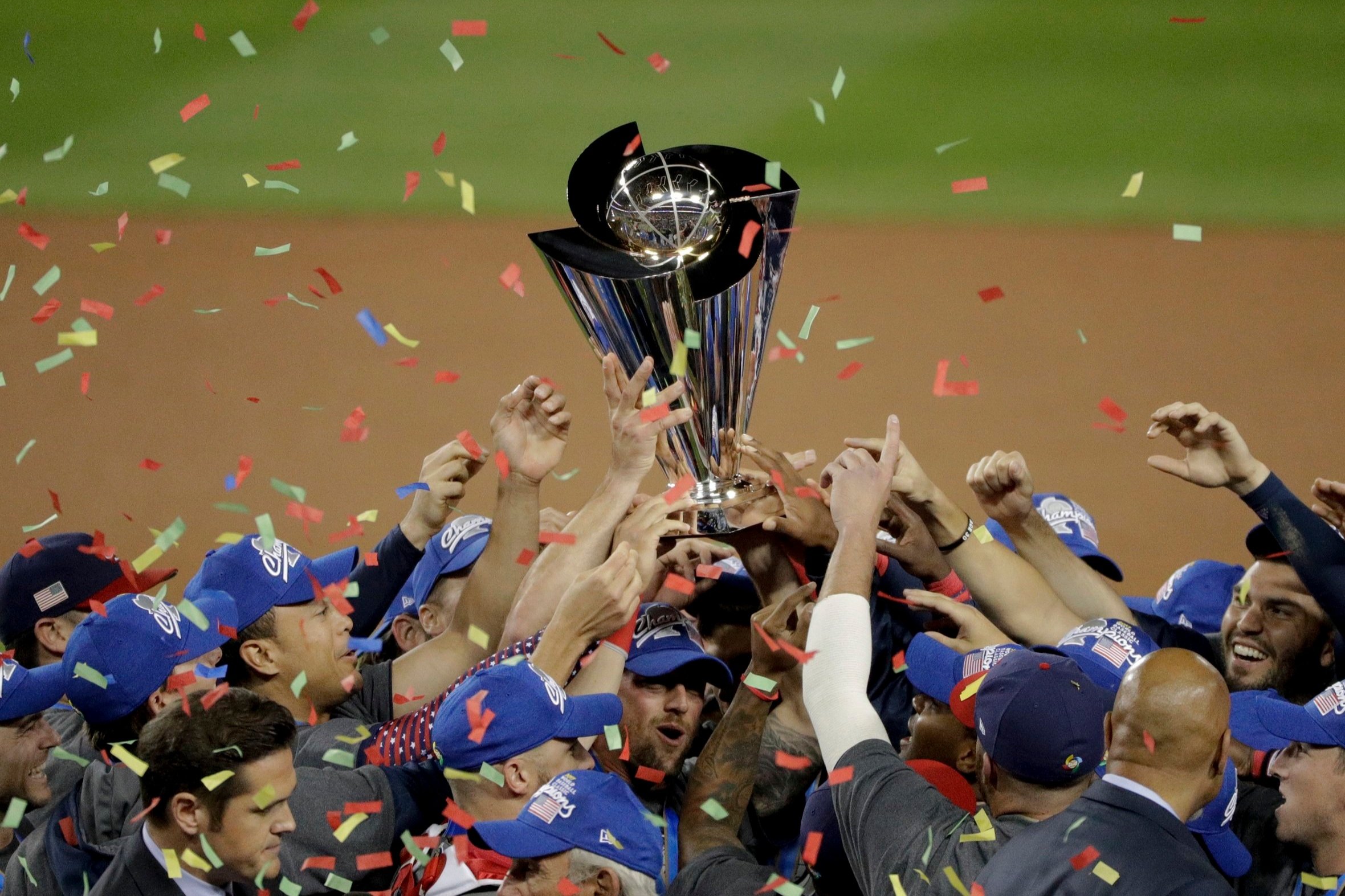How the World Baseball Classic Achieves What the Olympics Promise
Sports have always been touted by its supporters as a vehicle that brings people together. And the organization that has been the loudest in promoting that assertion is the International Olympic Committee (IOC).
As we are approaching the 2024 Summer Olympic Games in Paris, the IOC’s and its supporters will surely again pat themselves on the back for promoting good will among the nation’s competing in the City of Lights.
Why am I confident in saying that? The (IOC) has forever praised itself for bringing together what they say are the best athletes in the world to compete on a friendly basis.
But do the IOC’s claims stand up to fact-checking? While I believe that the Olympics is the most important of all sporting events, I do not believe it promotes a more peaceful world or brings together the best athletes on our planet. How would the promoters of the Olympics know who the best athletes in the world are without staging events for every athlete in the world? But one aspect of the Olympics is undisputable: In many ways, it is a vehicle promoting the dictators of the world. (More on this later.)
History shows the IOC’s claims as a peacemaker with unmatched ideals are unfounded. Indeed, the Olympic games, instead of being a celebration of a peaceful sporting event that unites the world, has mostly shown the world the seamy side of sports – athletes refusing to compete against other athletes because of religion or political differences, athletes doping themselves, “clean” athletes talking openly that they are suspicious of ones that they are competing against, corrupt officials and the disregard for local opposition to the event. The most recent case in point is the IOC’s insistence that its games should be played in Japan in 2021, despite warnings from medical scientists that doing so would increase the spread of deadly Covid-19 in Japan and throughout the world.
Even more appalling than the IOC insisting that its games be played during the Covid-19 pandemic is its history of awarding its games to totalitarian countries that use them as propaganda instruments. Dating back to the Nazi Germany 1936 Olympics, the IOC has partnered with dictatorial governments.
The blemishes on the IOC for permitting its games to be played in countries that commit atrocities are many. The most notorious example occurred in 1936, when they refused to take the games away from Germany. In what is now shamefully remembered in IOC history as the Nazi Olympics, Germany was permitted to host both the Summer and Winter Olympics, despite it being known for its persecution of Jews and that thousands of people were held in concentration camps because they didn’t fit the Nazi image of what a person should look like or they had opposing political views.
But that wasn’t the only time that the IOC permitted a totalitarian country to use the Olympics as a propaganda tool. In addition to Nazi Germany, sadly, the IOC has awarded its games to China, Russia, Yugoslavia and Mexico. In each case, the IOC decided that its games were more important than the vast majority of citizens of those countries who were denied the rights of a free press, expression, or religion.
Awarding its games to a country devoid of human rights seems to be an addiction to the IOC. It’s a habit that likely will grow stronger in future years as many democratic countries refuse to bid on the games, finding the cost of them outlandish.
So in my opinion, the Olympic Games should not be considered as a sporting event that brings people of the world together.
Neither should soccer, the world’s most popular sport berceuse of its history of violence among supporters of teams from different countries. Instead of being a sport that brings people together, it is most often a sport that separates people.
Where does that leave football, the most popular sport in the U.S.? Its limited appeal around the world eliminates it from contention as a sport that brings people together. But even if it had worldwide popularity it shouldn’t be considered, in my opinion, because of its violent nature.
While soccer is the world’s most popular sport, football is the most popular one in the United States and the Olympic Games help promote countries devoid of human rights, it leaves baseball as the sport that does the most to bring people together. And the vehicle for doing so is not the World Series – it’s the World Baseball Classic (W.B.C).
Spectators at the classic games celebrate their countries’ participation in a good-natured manner. And the American players from Major League teams who volunteer to play are outspoken in their praise of the tournament.
The New York Times reported on some of the American team players: Jeff McNeil, the National League 2022 batting champion, sought out the team’s manager and volunteered to play; stars Adam Wainwright and outfielder Mike Trout, have said that this has been the most the most enjoyable baseball experience of their careers. “Mookie” Betts said, “I encourage those who are watching, come join, come play for Team U.S.A., because this is a lot of fun.”
“Two players loved their 2017 W.B.C. journeys so much,” reported the Times, “ that they signed up to come back: Paul Goldschmidt, the St. Louis Cardinals first baseman who won the 2022 National League Most Valuable Player Award, and his perennial All-Star teammate, third baseman Nolan Arenado.”
The word “sport” has various meanings. But when you put the word “good” in front of “sport” the phrase “good sport” only applies to one sporting event – the World Baseball Classic, with the Olympic Games, soccer, and football being the antonym of “good sport.”


